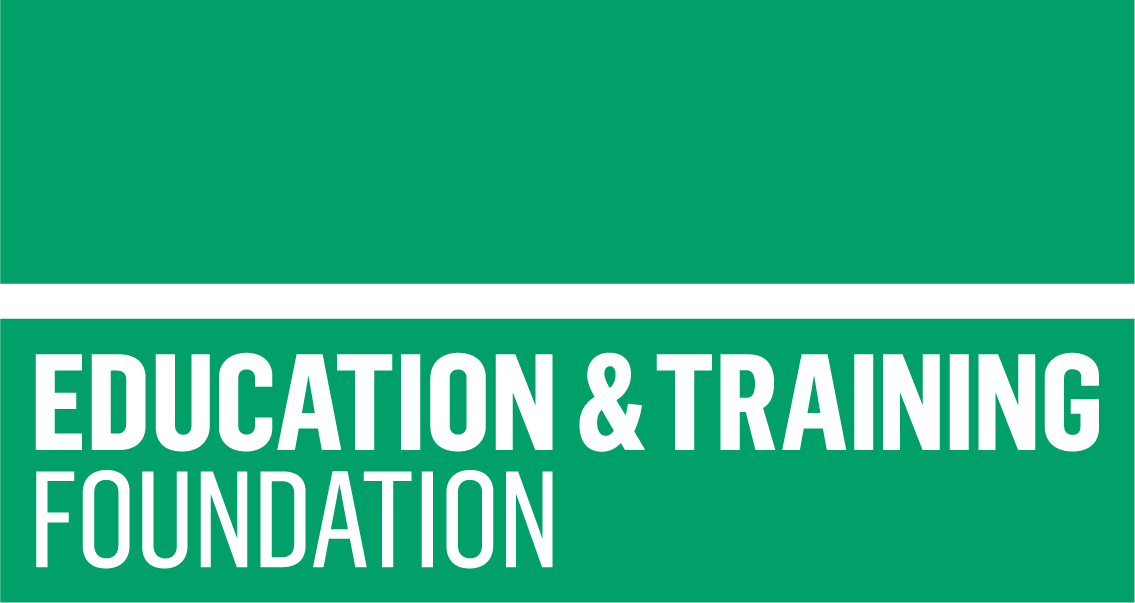Managing challenging conversations: a guide for FE leaders and staff
A guide for FE staff on how to recognise signs of suicide risk and initiate supportive conversations with learners or colleagues, with practical strategies and self-care advice.
Last reviewed: 31 October 2025

About this resource
This guide helps FE staff recognise signs of distress and respond when a learner or colleague may be experiencing suicidal thoughts. It explains factors that can increase suicide risk and offers clear, practical frameworks to support safe and sensitive conversations.
It also highlights the importance of staff wellbeing, offering advice on self-care and recognising when to refer someone to specialist support. Staff are not expected to take on the role of a counsellor or therapist, but to offer initial support and facilitate access to appropriate help.
This guide can be used alongside the Supporting learning communities following suicide and sudden death guide (signposted within this resource) for advice on responding to a suspected suicide or sudden death.
Further guidance
Due to the sensitive and challenging nature of the topic, staff are encouraged to seek support or debrief opportunities after holding conversations about suicide and reflect on their own capacity to manage these discussions safely.
No additional training is required to use this guide, but staff should feel confident to seek advice or further training if they feel it would support their role.
Using this resource
This resource is designed for:
-
staff working in FE and skills settings
-
FE managers and leaders with safeguarding responsibilities
-
mental health leads developing whole-college approaches to crisis support.
Learning outcomes
This resource addresses the following learning outcomes:
-
Identify and access the most appropriate statutory or independent mental health service provision available in their local area.
-
Make or support effective referrals to children and young people’s or adult mental health services, or other services as appropriate.
Share your feedback with us
How would you rate this resource? (1-5 from poor to excellent)
Thank you for your feedback
Your input helps us improve and maintain the quality of our resource hub.
Sorry there was an error
Please try again later.


 Author
Author


 Author
Author
